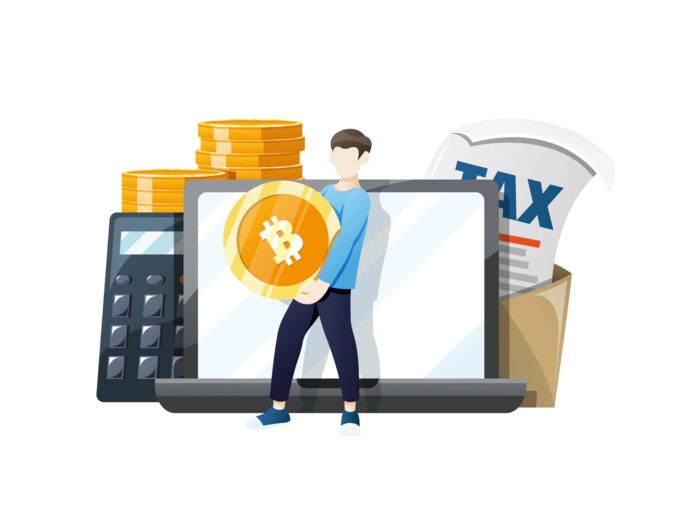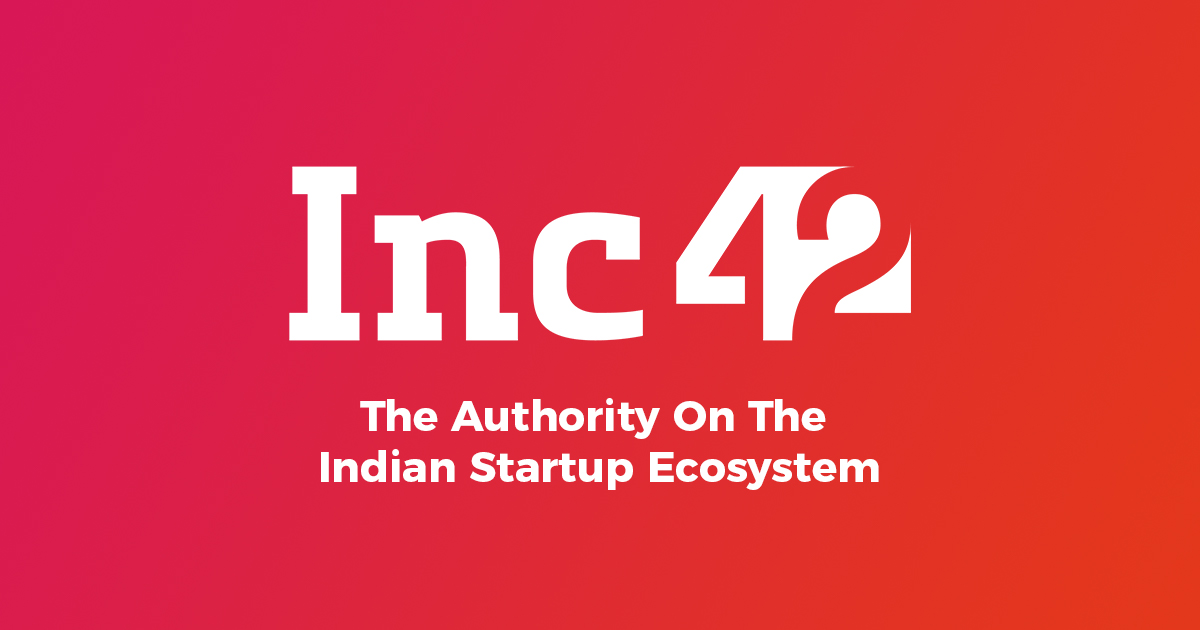Govt mulls categorising services of foreign exchanges as online information database access and retrieval (OIDAR) services and may ask to pay 18% GST
Currently most of the foreign crypto exchanges serving Indian market have not been paying any tax to Indian government
Most of the Indian exchanges have been voluntarily paying 18% GST on the commission that they charge from investors or traders

With global crypto exchanges Coinbase, Binance, Bitfinex, OKEx and Gemini already catering to the Indian market and many more making a beeline to start their business here, India’s department of indirect taxes is considering to tax these foreign entities catering to the Indian market.
According to reports, foreign exchanges that serve Indian investors have not been paying taxes in the country currently. On the other hand, most of the Indian exchanges have been paying 18% GST on the commission that they charge from investors or traders.
Several global crypto exchanges like Kraken from the US, British Virgin Islands-based Bitfinex and Seychelles-based KuCoin are planning to enter the Indian market, according to media reports.
As part of its strategy to tax foreign crypto exchanges, the Indian government may categorise them as online information database access and retrieval (OIDAR) services and may ask them to pay 18% GST accordingly.
Lately, there has been an increased debate on whether foreign online companies that serve India are being taxed adequately or not.
In March this year, an individual Pradeep Goyal had filed a PIL in Supreme Court seeking a mechanism to levy taxes on foreign companies, like Twitter, Facebook and Google for OIDAR services.
While the Supreme Court has already issued notices to the Union of India, CBIC and the finance ministry, the petitioner in the case has argued that the government had no mechanism to track total GST paid on OIDAR services used by Indian recipients, which do not qualify to be Non-Taxable Online Recipients (NTORs), under reverse charge basis.
The daily volume of crypto transactions in India currently varies from $350Mn to $500 Mn. However, there is not much clarity over how crypto should be taxed. The government in the past had refused to recognise crypto either as legal tender or even as an asset.
Speaking to Inc42, N. S. Nappinai, advocate, Supreme Court of India and founder of Cyber Saathi had earlier stated that “The construct of taxation on crypto assets is still a grey area. Declaring and paying taxes on any form of gains or income from or by way of crypto is however advisable. In general, mined crypto assets would attract income tax and those purchased through trading and crypto transactions on exchanges would be amenable to capital gains taxation.”
Given the fact that crypto and so the taxes pertaining to crypto investments and trading fall into the grey area, Inc42 recently spoke to experts on what choices investors and traders have, to be on the right side of the law. The article can be read here.











